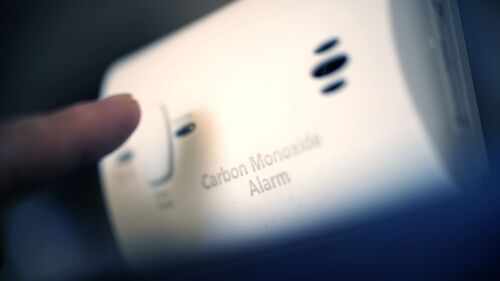Associated Press
WAKEFIELD, N.H. — Four people died in a New Hampshire home on Christmas Day due to suspected carbon monoxide poisoning, authorities said.
Police were called to the house in the town of Wakefield around 4:20 p.m. for a welfare check, said New Hampshire State Fire Marshal Sean Toomey. He said that when officers arrived, they found the bodies of four adults.
“While the investigation remains active and ongoing, at this time, investigators believe the victims died as a result of carbon monoxide poisoning,” Toomey and other officials said in a release.
Toomey said it was a reminder of the importance of people having working carbon monoxide alarms in their homes.
Toomey told television station WMUR the deceased included two older adults and two younger adults, and that other family members had called police to check on them after they did not show up as expected at a Christmas Day gathering.
Officials believe the deaths were accidental, and are investigating a gas heating system after finding the home did not have any carbon monoxide detectors, WMUR reported.
Authorities have not released the names of those who died pending notification of their next of kin. Autopsies to confirm the causes of death were scheduled for Thursday.
Temperatures in Wakefield on Christmas Day reached a low of about 13 degrees Fahrenheit (-11 degrees Celsius).






